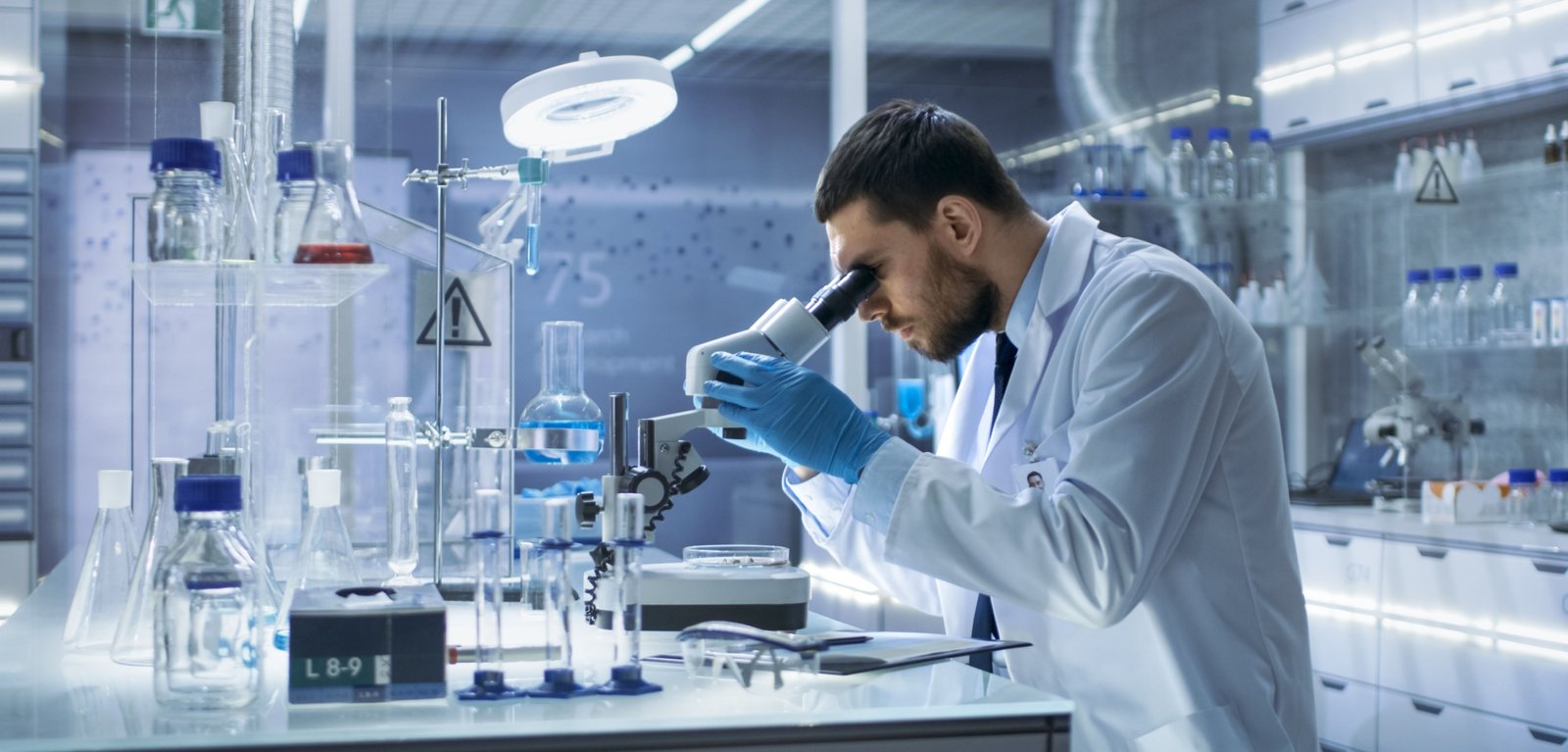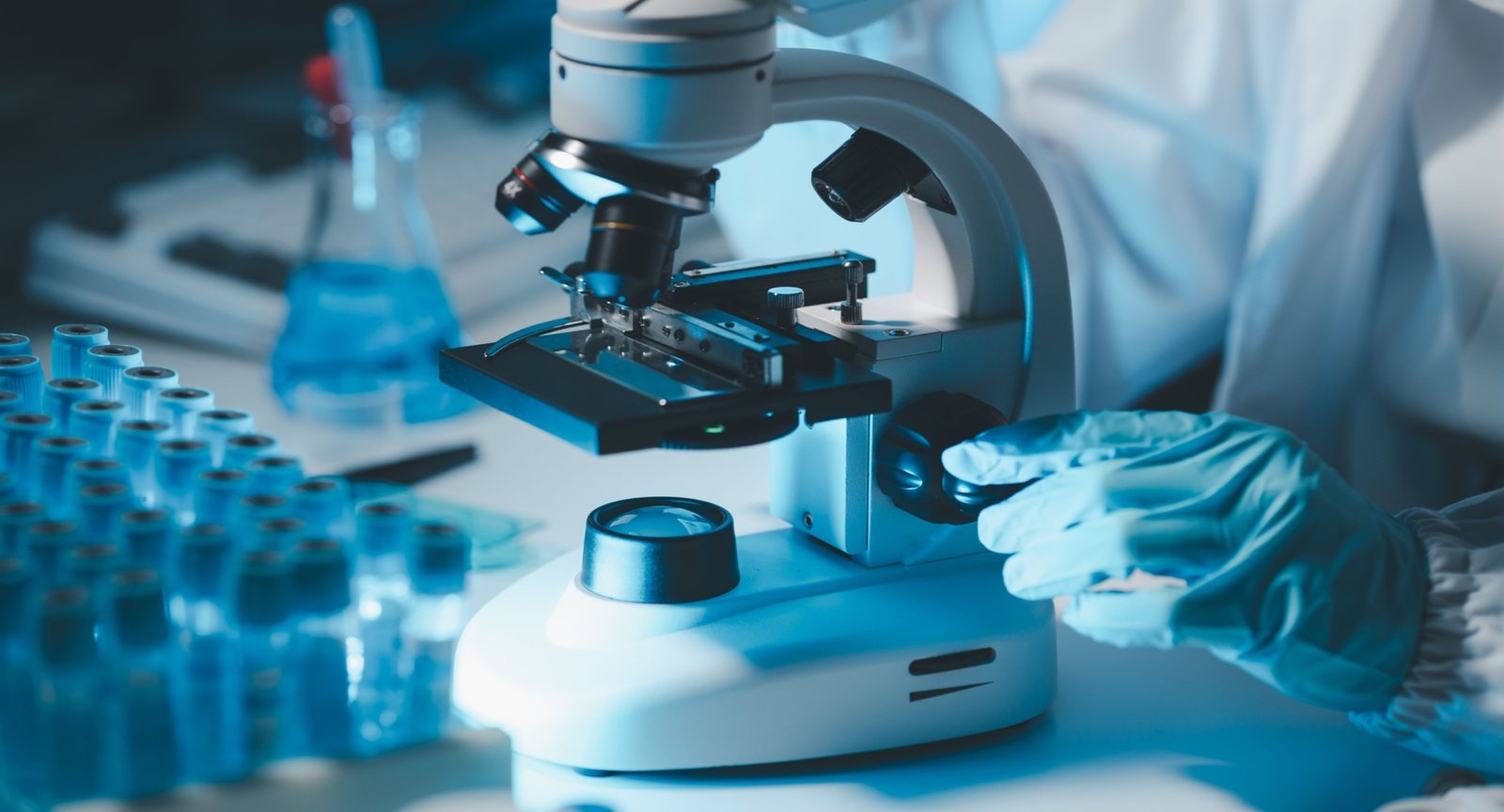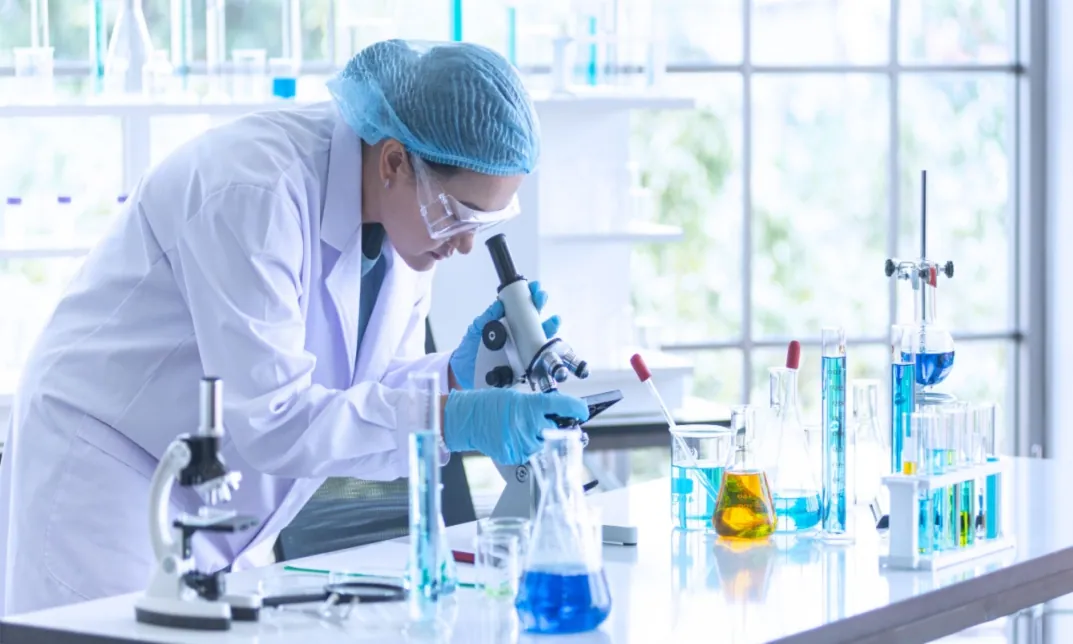No products in the cart.
Have you ever wondered what it takes to become a laboratory technician? This career path is both intriguing and rewarding, offering a chance to work in various scientific settings. Laboratory technicians play a crucial role in the healthcare and scientific research industries. Therefore, understanding the steps to enter this field is essential for anyone interested in pursuing this career.

In this article, we will delve into the world of laboratory technicians, exploring the steps to take, the skills required, and the benefits of pursuing this rewarding career path. Therefore, if you are interested to learn how to become a laboratory technician, keep reading.
What Does a Laboratory Technician Do?
Laboratory technicians are responsible for conducting tests and experiments in a laboratory setting. They work under the supervision of scientists and medical professionals, ensuring that experiments are performed accurately and efficiently. Moreover, they are involved in the preparation of samples, operation of laboratory equipment, and recording of data. As a result, laboratory technicians contribute significantly to scientific discoveries and medical diagnoses.
Steps to Become a Laboratory Technician
Becoming a laboratory technician involves several key steps. Here’s a detailed guide to help you navigate this career path:
Educational Requirements
- High School Diploma: Initially, you need a high school diploma or equivalent. Courses in biology, chemistry, and mathematics are particularly beneficial.
- Postsecondary Education: Most laboratory technician positions require an associate degree in medical laboratory technology or a related field. Some positions may require a bachelor’s degree, especially for more advanced roles.
Certification and Licensing
- Certification: While not always mandatory, obtaining certification can enhance job prospects. The American Society for Clinical Pathology (ASCP) offers a certification program for laboratory technicians.
- Licensing: Some states require laboratory technicians to be licensed. Therefore, it’s important to check the specific requirements in your area.
Gaining Experience
- Internships: Participating in internships or work placements during your studies can provide valuable hands-on experience.
- Entry-Level Positions: Starting in an entry-level position allows you to gain practical experience and develop your skills further.
Continuing Education
- Professional Development: Engaging in continuing education and professional development is crucial for staying updated with the latest advancements in laboratory technology.
Skills Required for a Laboratory Technician

A successful laboratory technician possesses a variety of skills. Here are some essential skills needed:
- Attention to Detail: Laboratory technicians must be precise and meticulous in their work to ensure accurate results.
- Technical Skills: Proficiency in using laboratory equipment and technology is necessary.
- Analytical Skills: The ability to analyse data and understand complex scientific information is crucial.
- Communication Skills: Effective communication is important for collaborating with other team members and documenting findings.
Job Opportunities
The demand for laboratory technicians is anticipated to increase in the coming years. Because of the growing need for diagnostic testing and the fact that the population as a whole is getting older, the Bureau of Labour Statistics anticipates that employment in this sector will continue to rise. As a result, chances for laboratory technicians may be found in a variety of settings, such as hospitals, research centres, and pharmaceutical businesses.
Challenges and Rewards
Like any career, being a laboratory technician comes with its challenges and rewards:
- Challenges: The work can be repetitive and requires a high level of concentration. Additionally, technicians may be exposed to hazardous materials, necessitating strict adherence to safety protocols.
- Rewards: The role is fulfilling, offering the chance to contribute to important scientific and medical advancements. Moreover, laboratory technicians often enjoy job stability and a competitive salary.
Conclusion
Being a laboratory technician requires a mix of education, certification, and experience gained via actual work. When it comes to the scientific and healthcare communities, the job is quite important, and it provides the opportunity to have a substantial effect. Consequently, if you have a strong interest in science, are meticulous in your attention to detail, and love working in a laboratory environment, then this line of employment can be an excellent choice for you.




